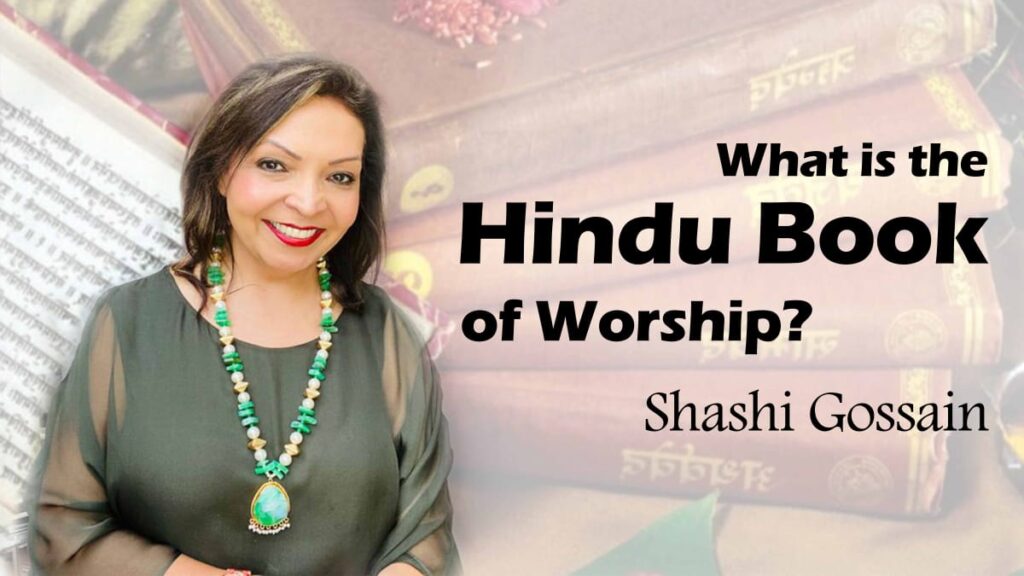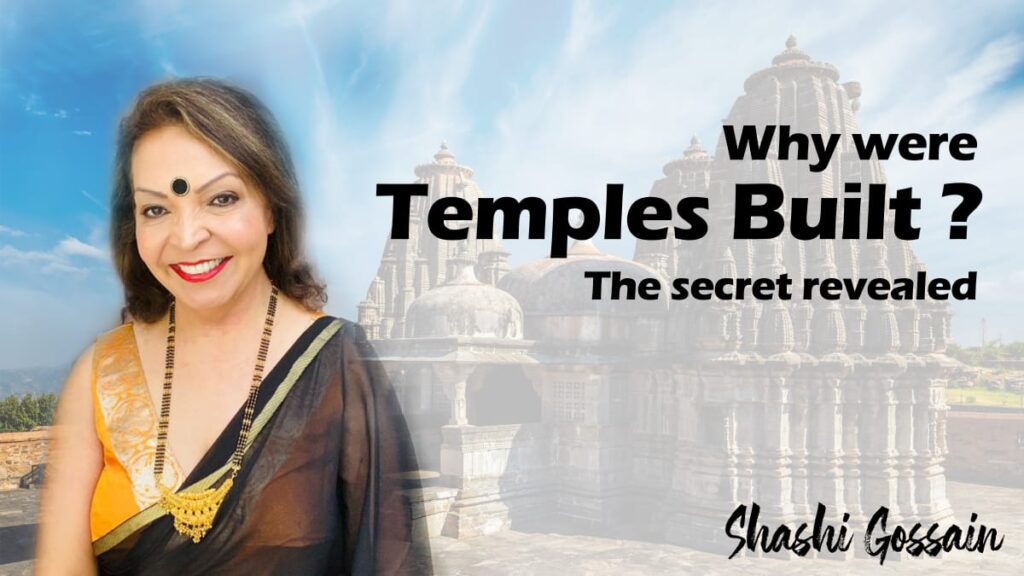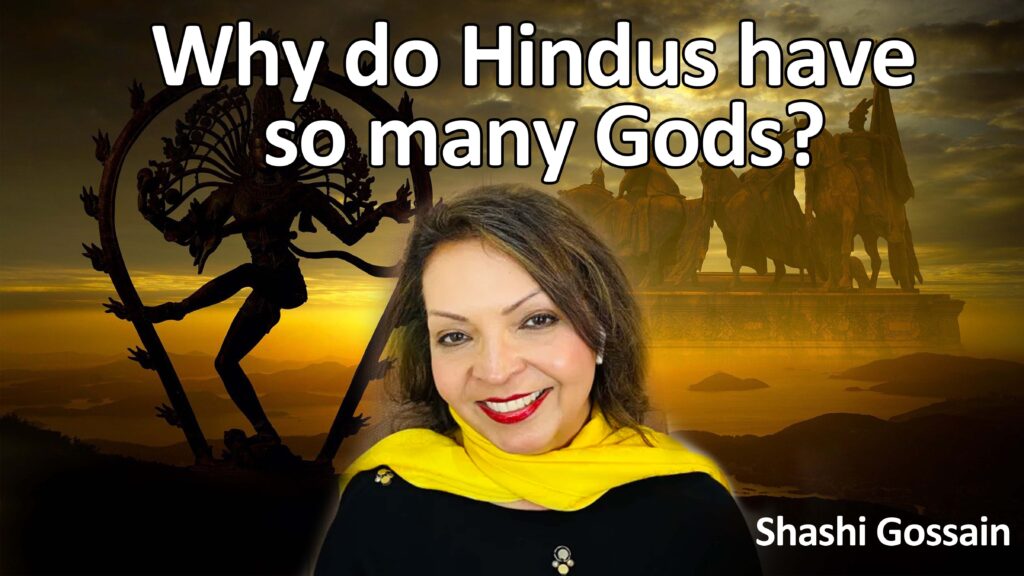There are more than 4000 religions in the world. Every religion urges its follower for humanity in different ways. Every religion has its holy books.To give you an idea the Bible is a collection of religious texts to Christians. Does Hindus have a Bible? Which is the holy book of Hindus? Are Vedas the Holy books of Hindus? Yes, Today we are going to discuss about Vedas, holy books of Hindus and world’s oldest literature.
What Is Vedas?
The Hindu “Bible” is called the Veda. The Veda, which means “wisdom”, is comprised of four ancient and Holy Scriptures which all Hindus revere as the revealed word of God. Vedas are sacred literature of Ancient India and it also the oldest and fundamental scriptures of Hindus. Like the
1). Christian Bible
2). Muslim Quran
3). Sikh Adi Granth
4). Jewish Torah
5). Buddhist Dhammapada
Meaning of “Veda”
The word ‘Veda’ is derived from Sanskrit word ‘Vid’. In this way the Veda literally means ‘Knowledge’.
Who wrote Vedas?
Vedas are believed to have been heard by sages after intense meditation. Their words and wisdom permeate Hindu thought, ritual and meditation. The Vedas open a rare window into ancient Indian society, proclaiming life’s sacredness and the way to oneness with God.
Their stanzas are chanted from memory by priests and laymen daily as liturgy in temple worship and domestic ritual.
Their oldest portions are said by some to date back as far as 6,000 BCE, orally transmitted for most of history and written down in Sanskrit in the last few millennia, making them the world’s longest and most ancient scripture.
For many centuries unto today, the Vedas have remained the sustaining force and authoritative doctrine, guiding followers in ways of worship, duty and enlightenment. All Hindus wholeheartedly accept the Vedas, yet each draws selectively, interprets freely and amplifies abundantly. Over time, this tolerant allegiance has woven the varied tapestry of Indian Hindu Dharma.
Each of the four Vedas has four sections –prayers for matrimony, progeny, prosperity, concord, protection, domestic rites and more.
Vedas and their Structure
The Vedas are the ultimate scriptural authority for Hindus. Vedas are set of four books include over 100,000 verses. The knowledge imparted by the Vedas ranges from earthy devotion to high philosophy.
There are four Vedas:
1). Rigveda,
2). Yajurveda,
3). Samaveda &
4). Atharvaveda
Each Veda has four subdivisions: Samhitas(mantras), Aranyakas (text on rituals, ceremony), Brahmanas(commentaries on rituals) and Upanishads (texts discussing meditation and spiritual knowledge.
Vedas are ‘Apaurushey’
The Vedas are considered as apaurushey (Out of men’s power and strength that is divine). It is believed that god first gave knowledge of Rigveda, Yajurveda, Samaveda, Atharvaveda respectively to the soul of four Maharshis whose name were no Agni, Vayu, Aditya and Angira. These Maharshis gave this knowledge to Brahma. Vedas are also called ‘Shruti‘ which means ‘hard knowledge’.
Many other text were also written to explain Ved Mantras, like Brahman Granth, Aranya and Upanishad in vedic Sanskrit language which is some what different from Modern Sanskrit.
In simplest way we can say that the Vedas are the collections unique poems written by and ancestors of Indians on the bank of river Saraswati, 3700 ago. Even though the river Saraswati is no longer in existence but the knowledge of Vedas is still benefiting the world. Vedas are the source of knowledge, Knowledge that increases through the sharing and never ends. Vedas are the greatest blessing given by us by our ancestors.
Today, the Vedas are published in Sanskrit, English, French, German and other languages & followed by over 1 billion people on earth.




Pingback: Why does Hinduism have so many Gods? - Simple Hinduism
Pingback: Karwa Chauth, What womens do on Karwa chauth? - Simple Hinduism
Pingback: Namaste, What is Namaste? What is the meaning of Namaste? - Simple Hinduism